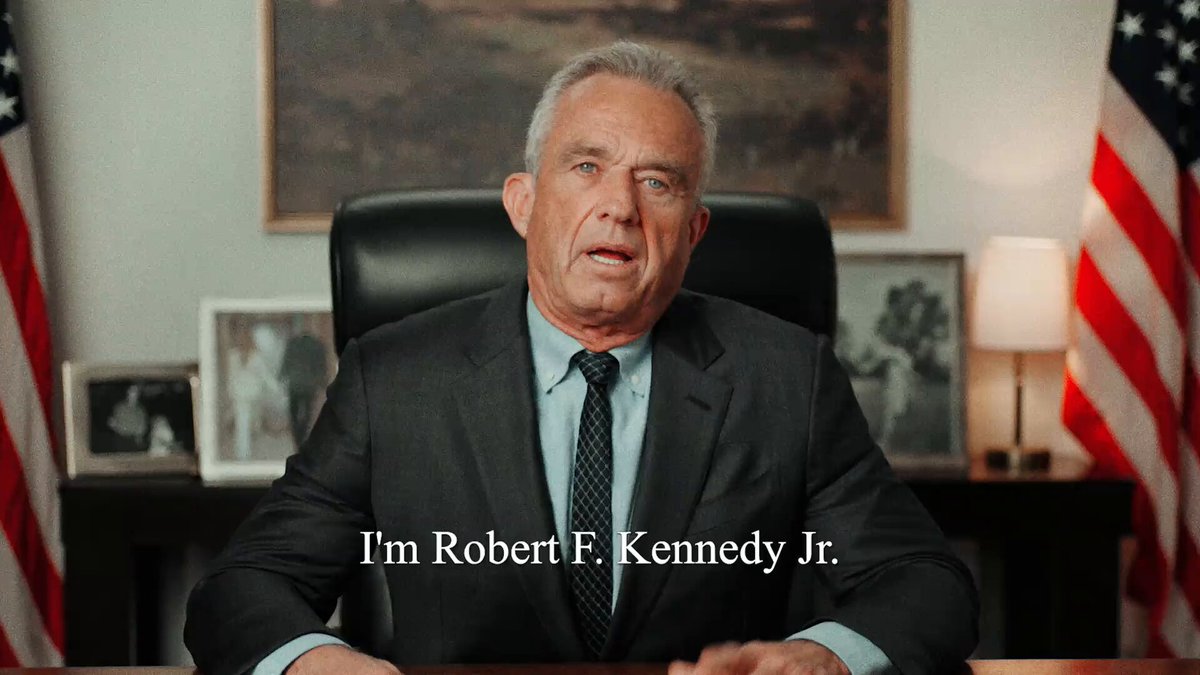Reposted by Robert F. Kennedy Jr
The statement 'The State of Our Union' by Robert F. Kennedy Jr., accompanied by an image of him seated at a desk with an American flag in the background, suggests a formal address or commentary related to the state of the nation. This type of statement typically aims to engage with public issues or policies and therefore constitutes public discourse.
- The statement appears to be an introduction to a broader discussion on national issues, which is a responsible use of platform to address public concerns. [+1]Principle 1:I will strive to do no harm with my words and actions.
- The setting and presentation respect the dignity of the discourse, maintaining a professional and respectful tone. [+1]Principle 2:I will respect the privacy and dignity of others and will not engage in cyberbullying, harassment, or hate speech.
- Without further content, it's unclear how much the statement promotes understanding or compassion, but the context suggests a potential for substantive discussion.Principle 3:I will use my words and actions to promote understanding, empathy, and compassion.
- The statement sets a stage for constructive dialogue, assuming the follow-up content engages with differing viewpoints in a respectful manner. [+1]Principle 4:I will engage in constructive criticism and dialogue with those in disagreement and will not engage in personal attacks or ad hominem arguments.
- The statement itself does not acknowledge any previous discourse or correct mistakes, but it does not necessarily violate this principle.Principle 5:I will acknowledge and correct my mistakes.
- Using a formal setting and addressing national issues can be seen as using influence for the betterment of society, depending on the subsequent content. [+1]Principle 6:I will use my influence for the betterment of society.
- The statement upholds the principles of free speech by initiating a dialogue on public matters. [+1]Principle 7:I will uphold the principles of free speech and use my platform responsibly and with integrity.
